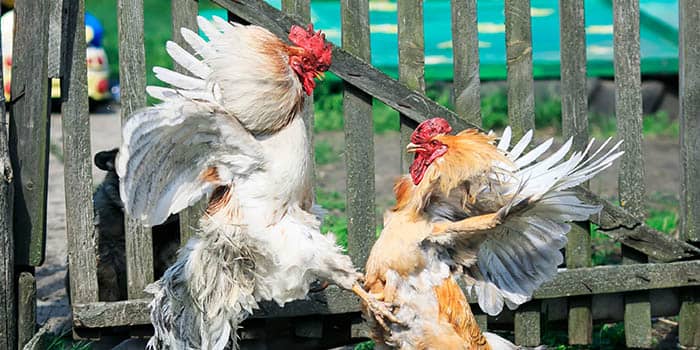Through new legislation, Indiana is on a mission to alleviate the fiscal responsibilities associated with caring for animals recovered from illicit animal fighting operations. It is designed to take care of care-related finances while these cases progress through legal channels.
Aligning Bond with Expenditures
The Senate Bill 423 in Indiana endeavors to broaden the definition of “reasonable expenses” related to bail established by court systems for animals confiscated during crack-downs on illegal animal gambling operations. The bill aims to explicitly include costs related to medical attention, quarantine measures, shelter provisions, and food within the extent of the bail.
The upcoming modifications to the law are anticipated to ease the collaboration between gambling control bodies and various groups participating in the process of dismantling an illegal animal gambling operation. All such activities, including animal fights, fall under the supervision of the Indiana Gaming Commission (IGC).
Despite being unlawful, such fights continue to occur. Over the previous seven years, the IGC has addressed approximately 50 animal fighting cases. These illegal gambling operations were broken up in Hendricks, Owen, Morgan, Montgomery, Wells, and other counties, resulting in the confiscation of about 2,000 birds and 20 dogs.
Dennis Mullen, General Counsel for the IGC, shed light on the operations of the undercover Gaming Control Unit. This specialized Unit collaborates with Indiana’s Board of Animal Health, local law enforcement agencies, and local prosecutors during sting operations.
“We aggressively pursue every lead — it demands a significant level of coordination,” Mullen was quoted as saying by the Indiana Capital Chronicle. He pointed out that bail did not always cover the actual costs incurred, and organizations affiliated with the regulator — including the Humane Society of the United States and the American Society for the Prevention of Cruelty to Animals (ASPCA) — often ended up bearing some expenses.
Modification of Euthanasia Requirements
In addition to better balancing costs with bail, Senate Bill 423 also softens stipulations on euthanasia which regulators feel are currently too restrictive and potentially dangerous to other animals and people.
Provisions in the present law stipulate periods within which animals cannot be euthanized and only allow it for extremely suffering animals. This is considered overly prohibitive, and modifications proposed by the bill will give additional discretionary powers.
This bill paves the way for euthanasia to be exercised at any stage if a licensed veterinarian classifies an animal as posing a grave danger to others, or if it is deemed that euthanasia is in the animal’s best interest.
The legislative changes will offer civil immunity to private professionals making such decisions. However, it does not exempt them from compliance with the ethical guidelines required under the veterinary practice legislation and regulation.







